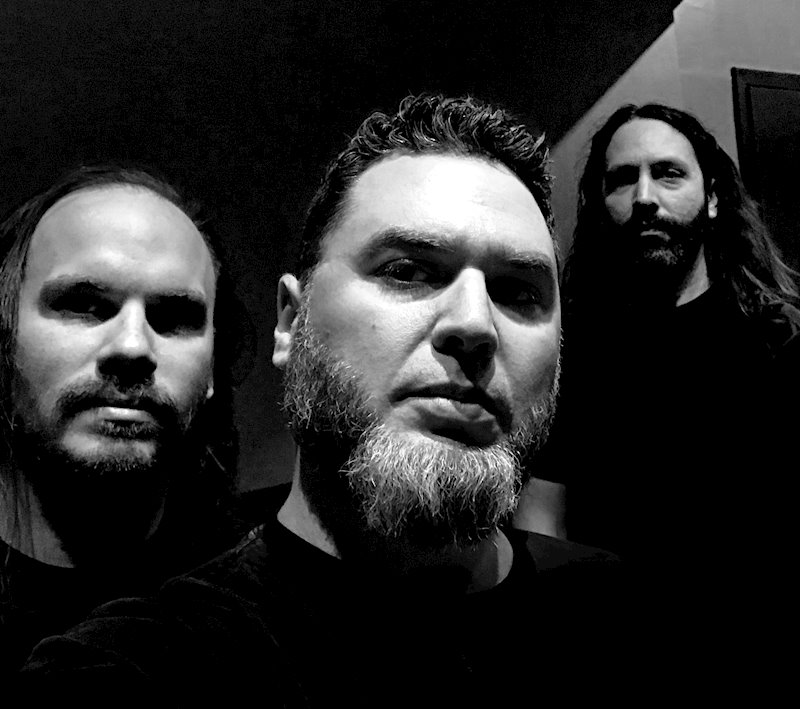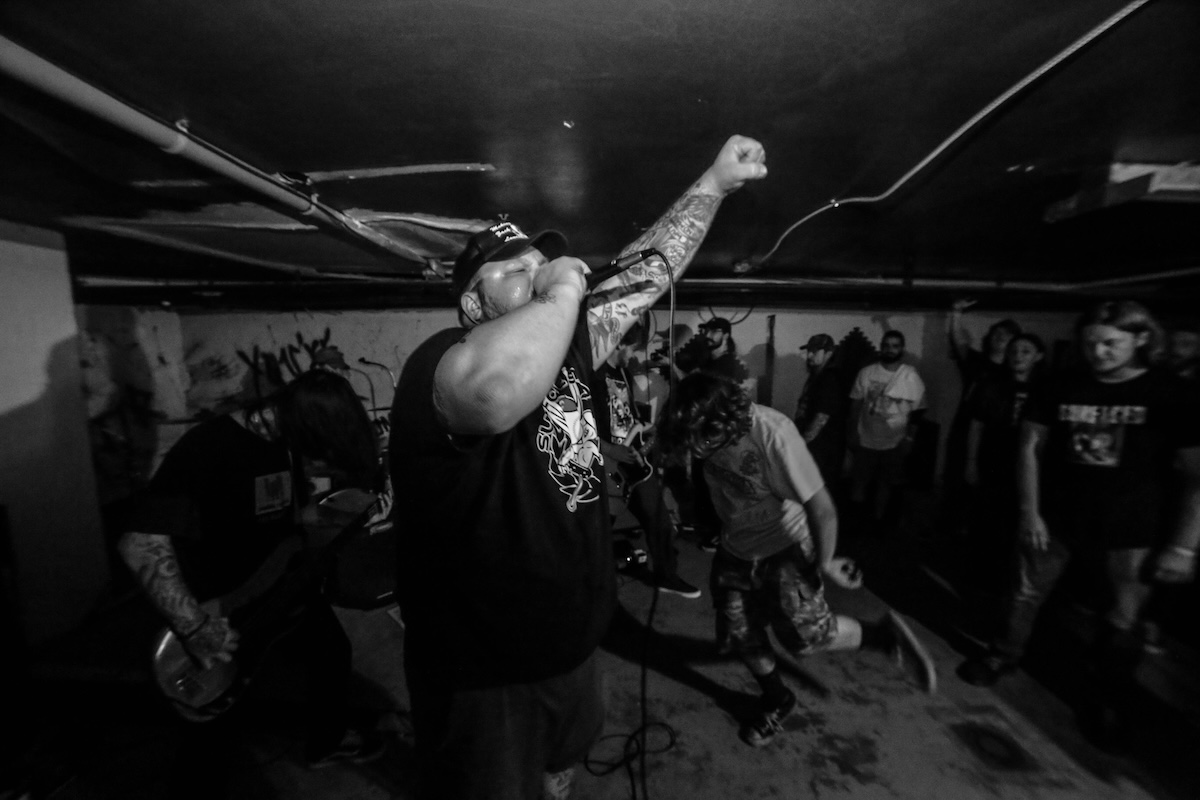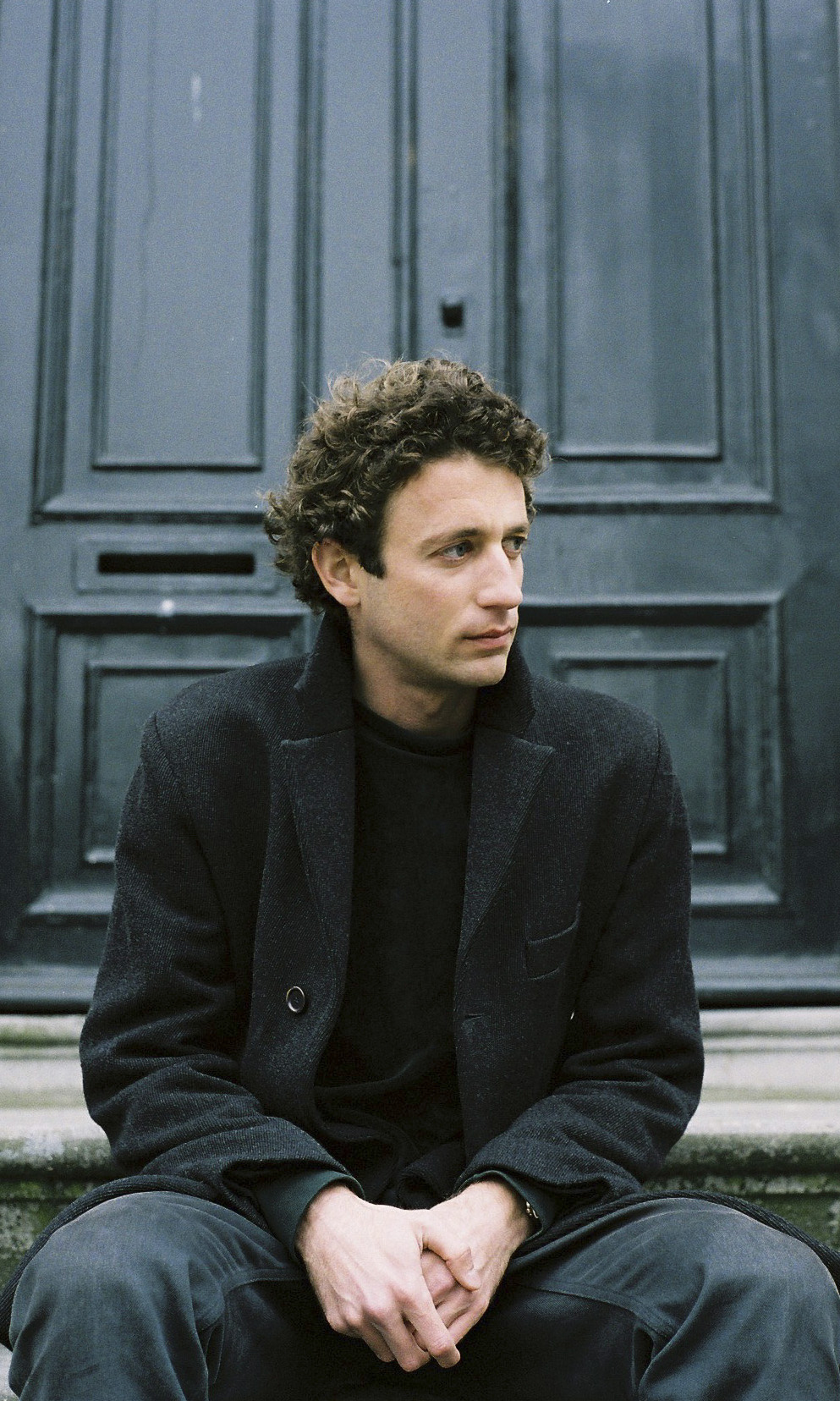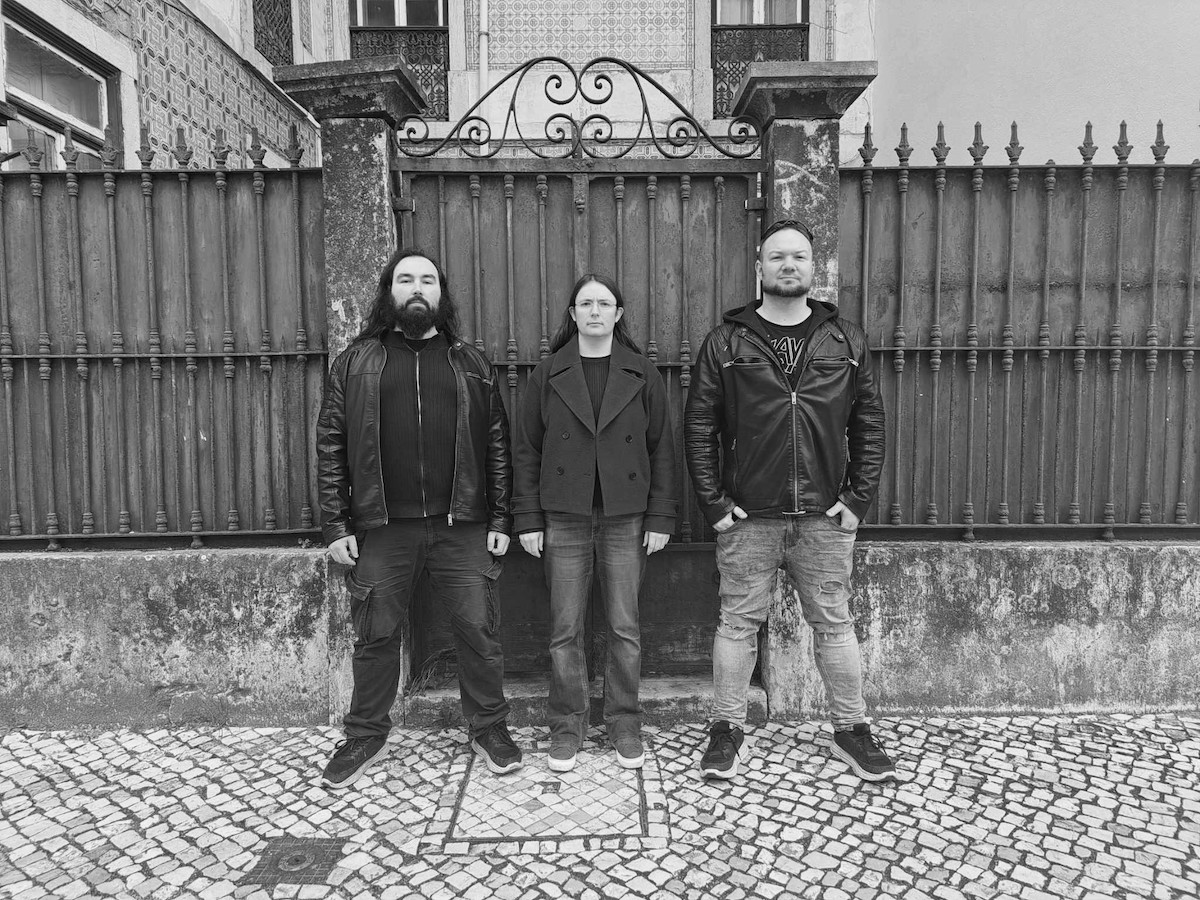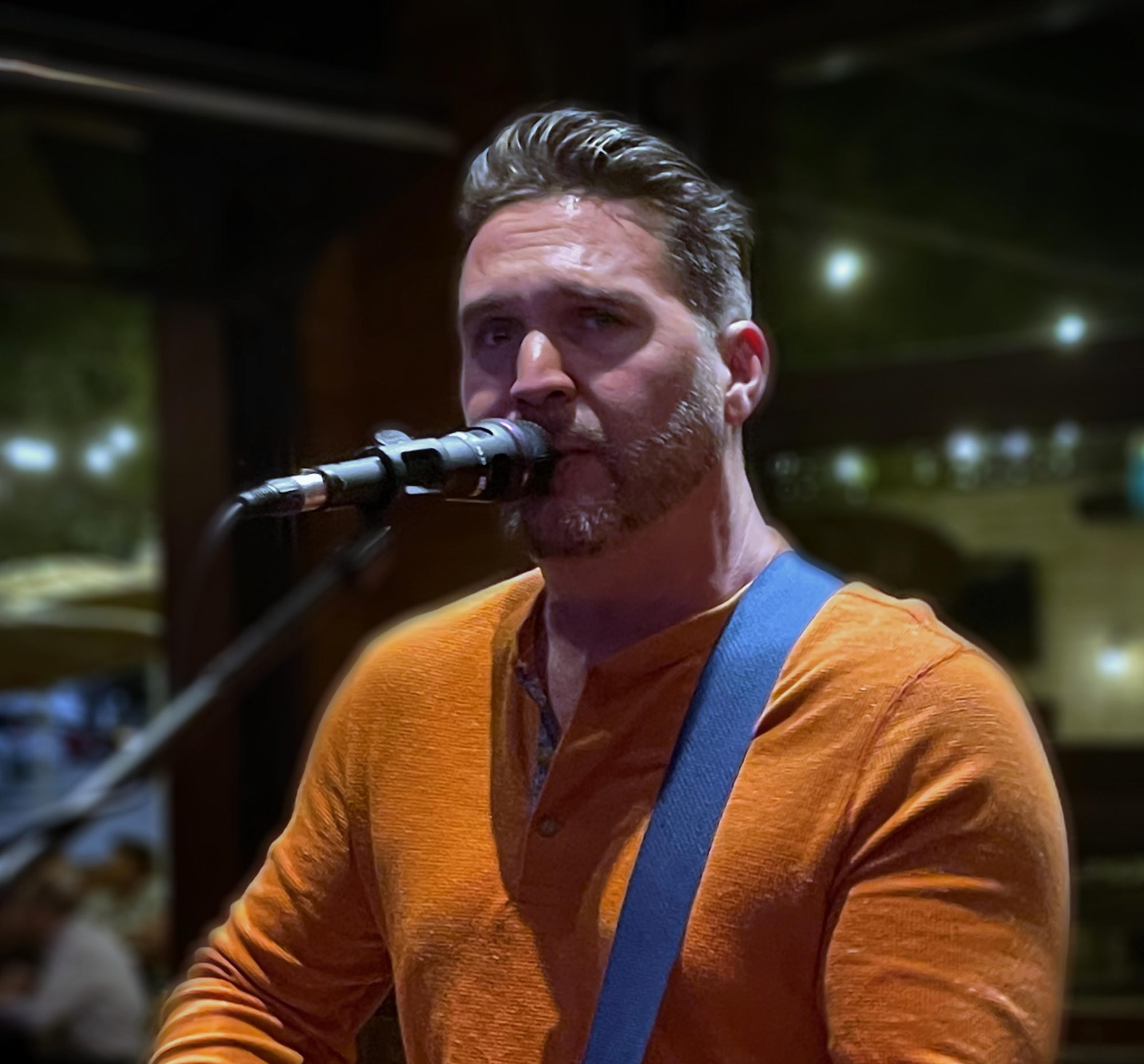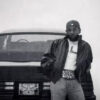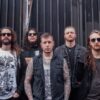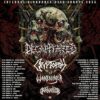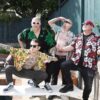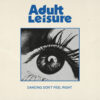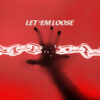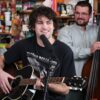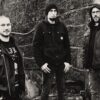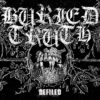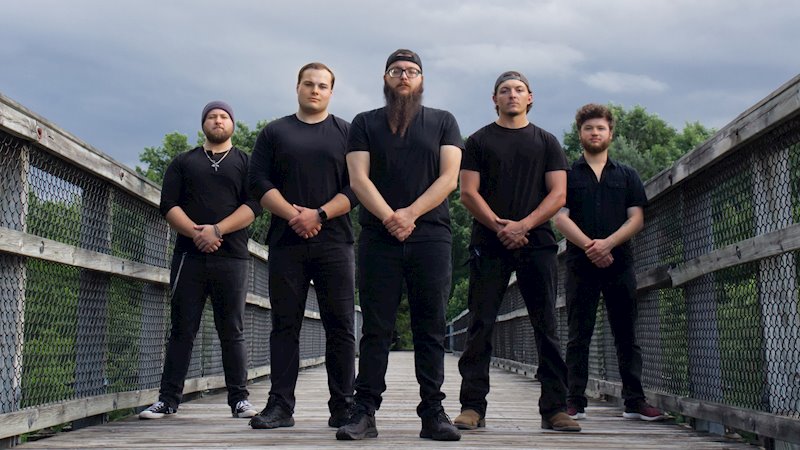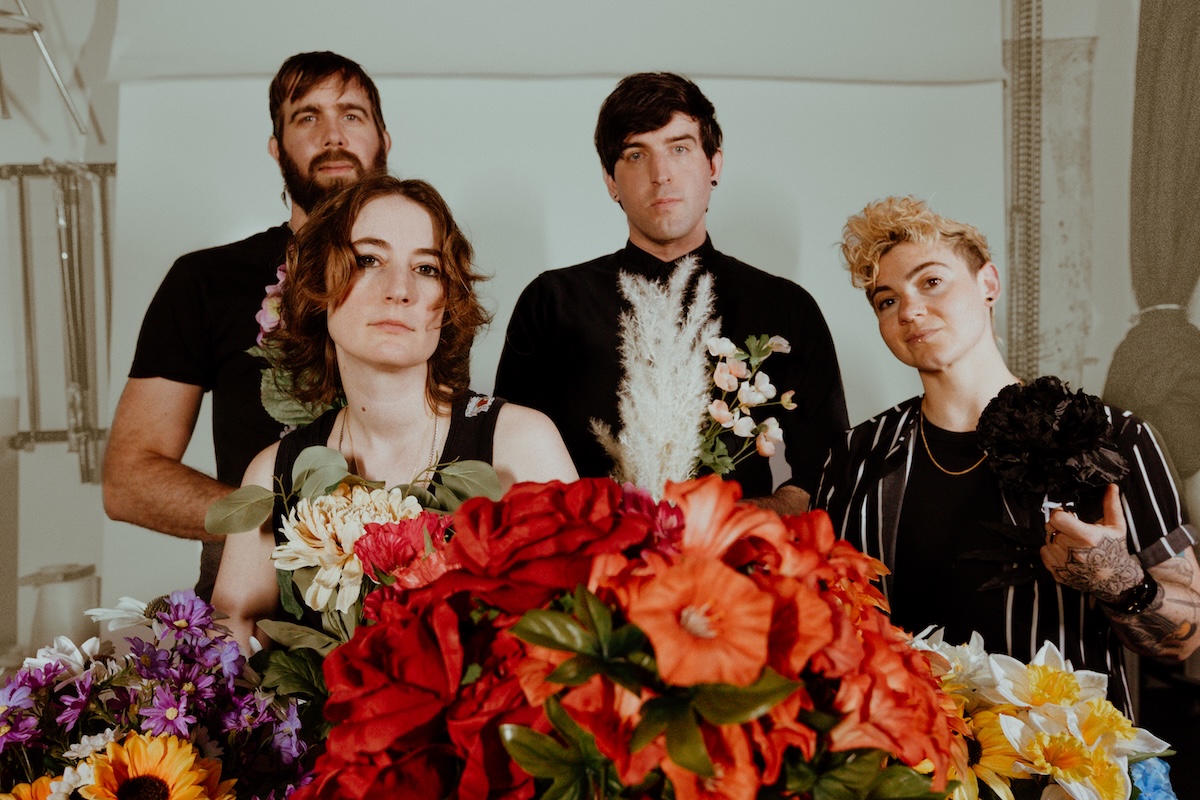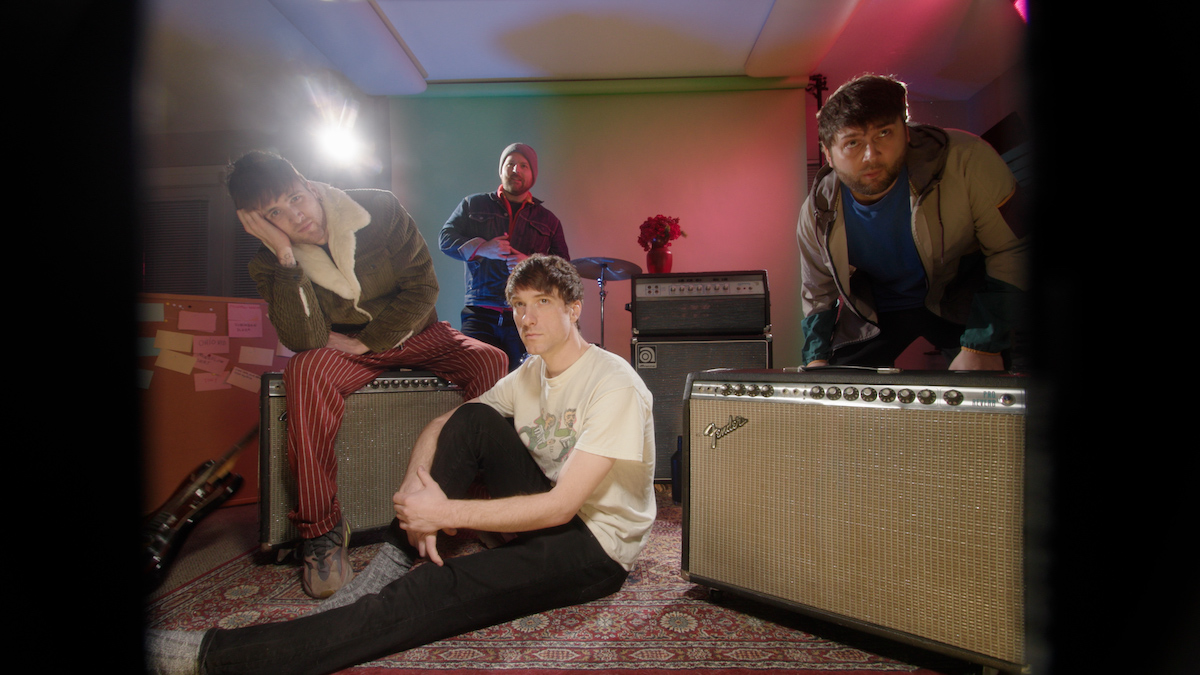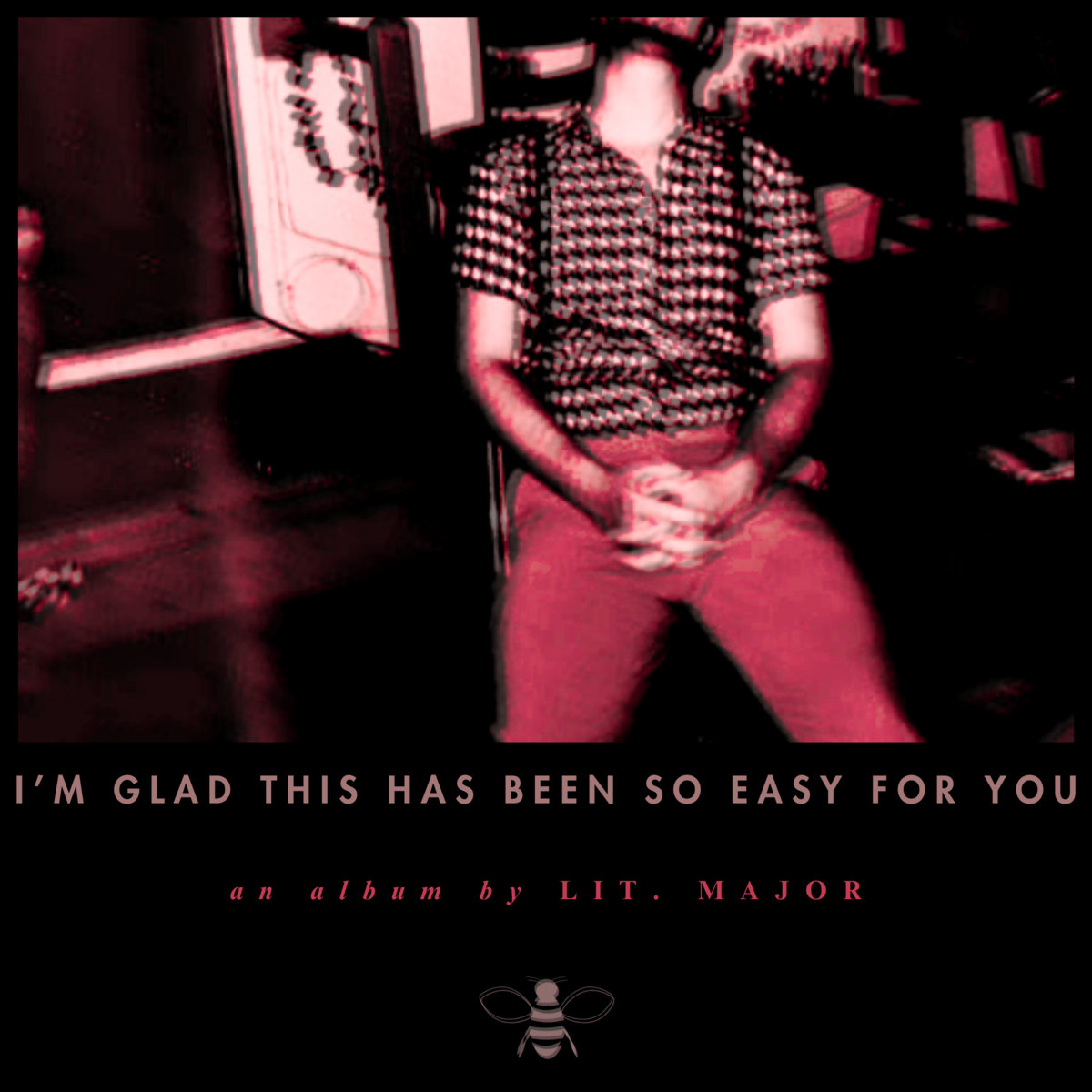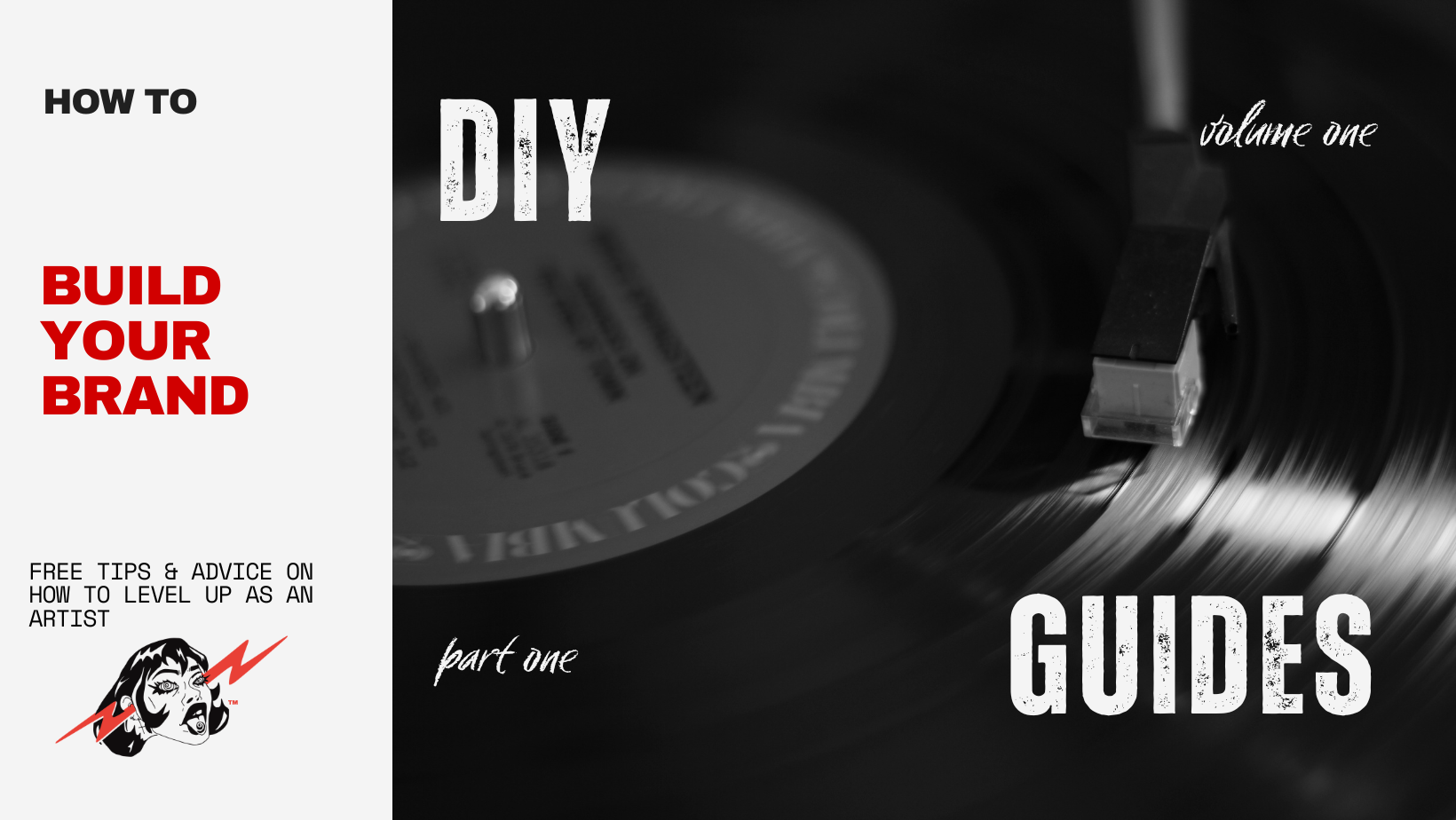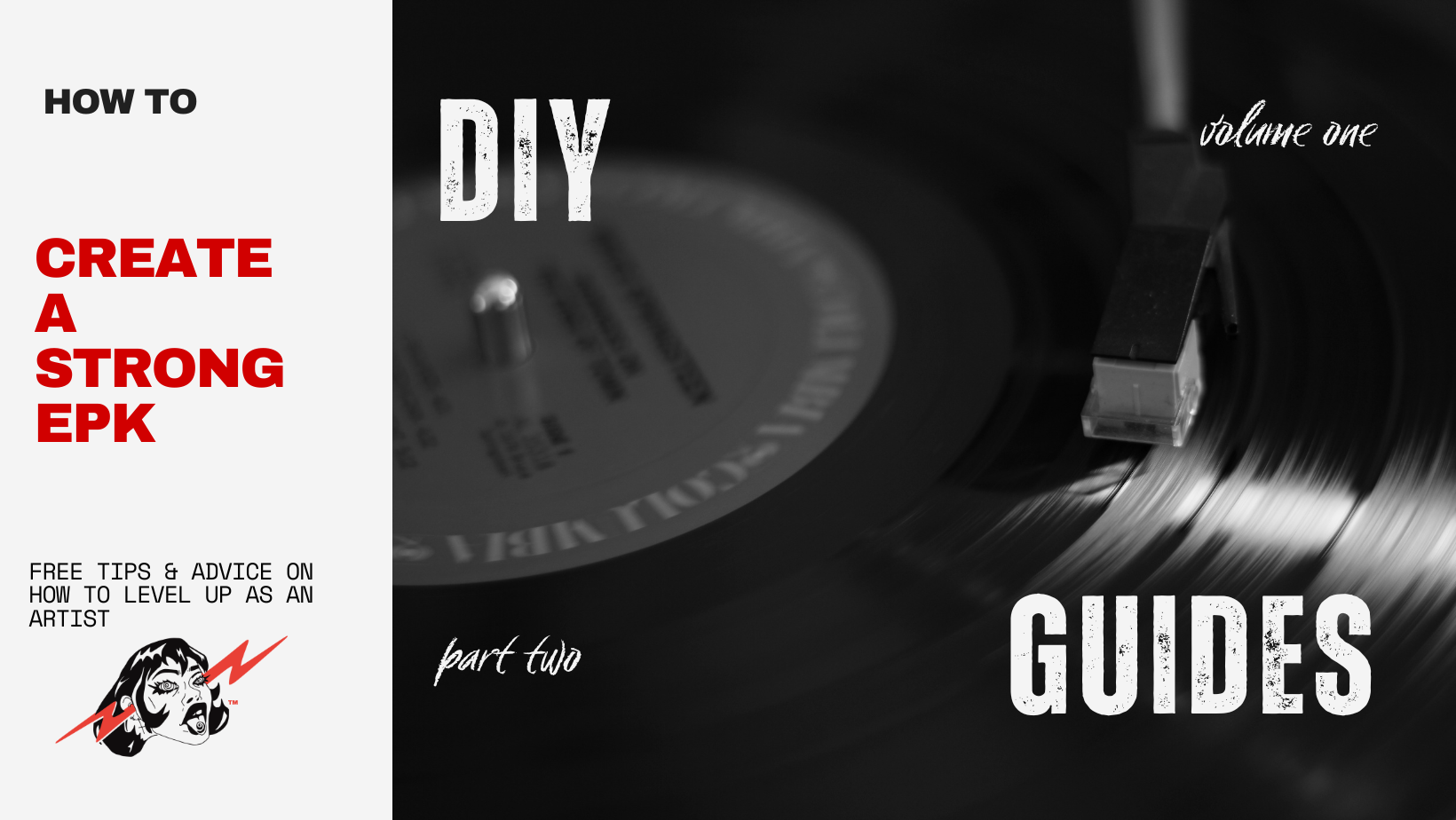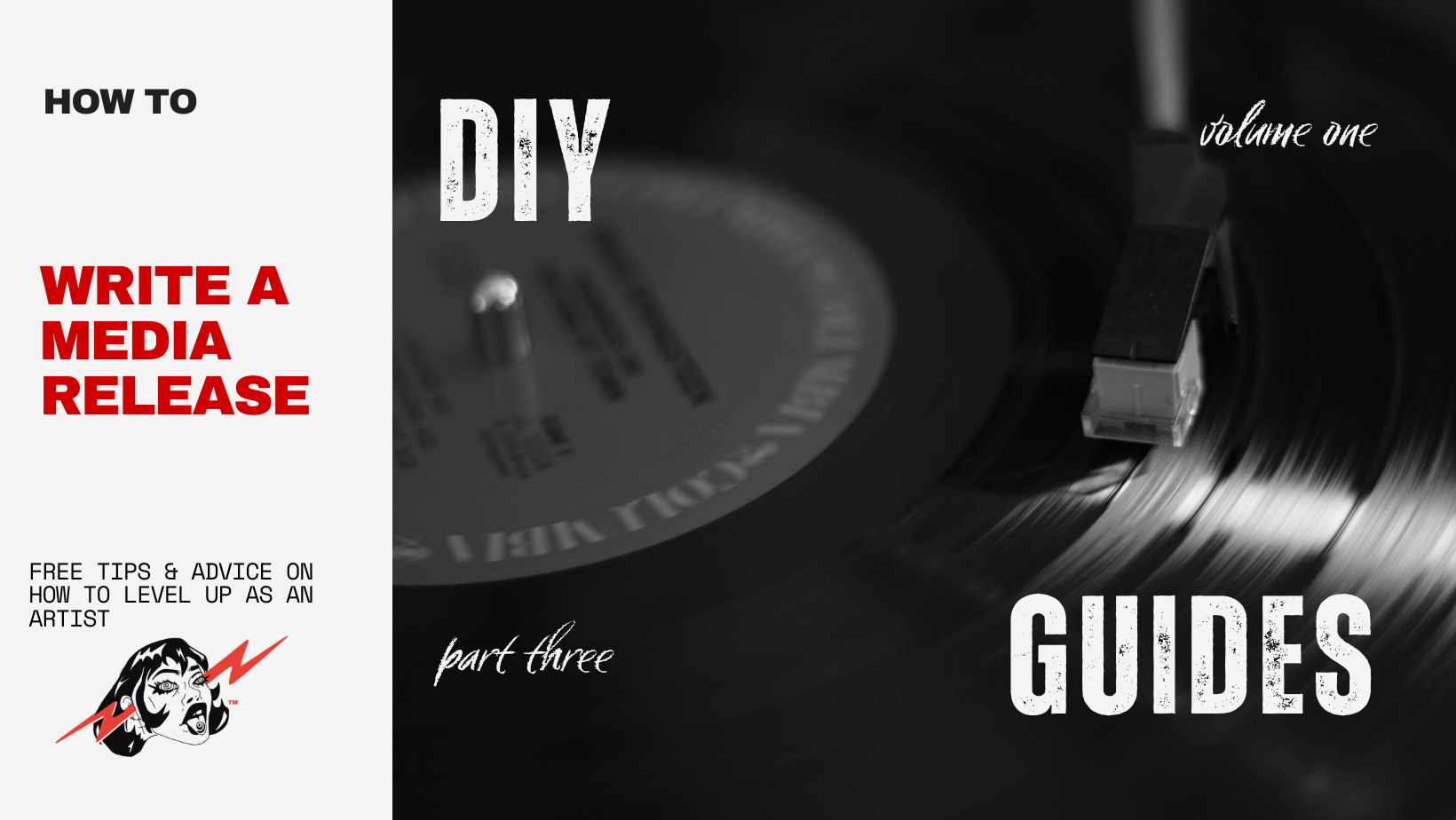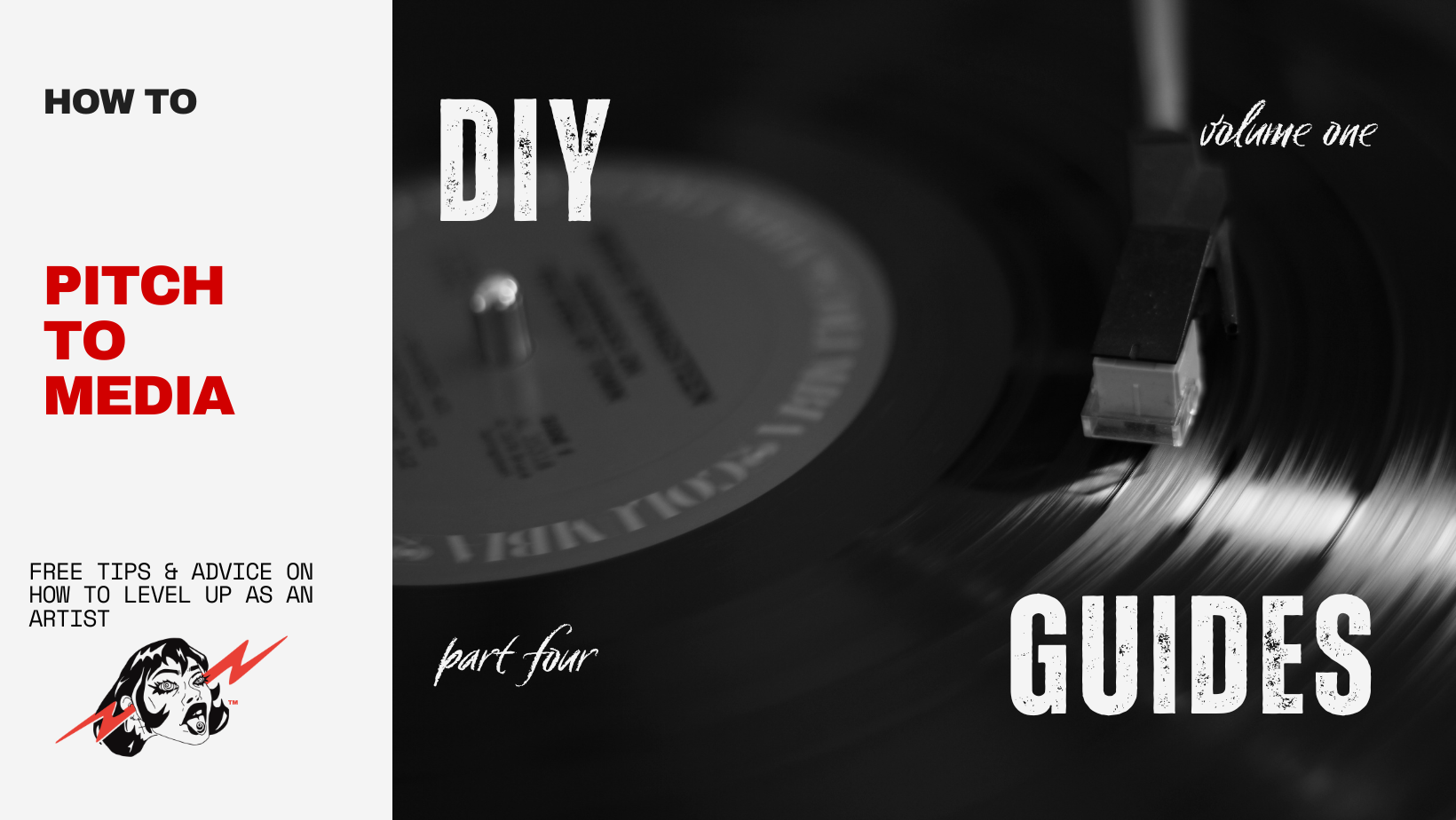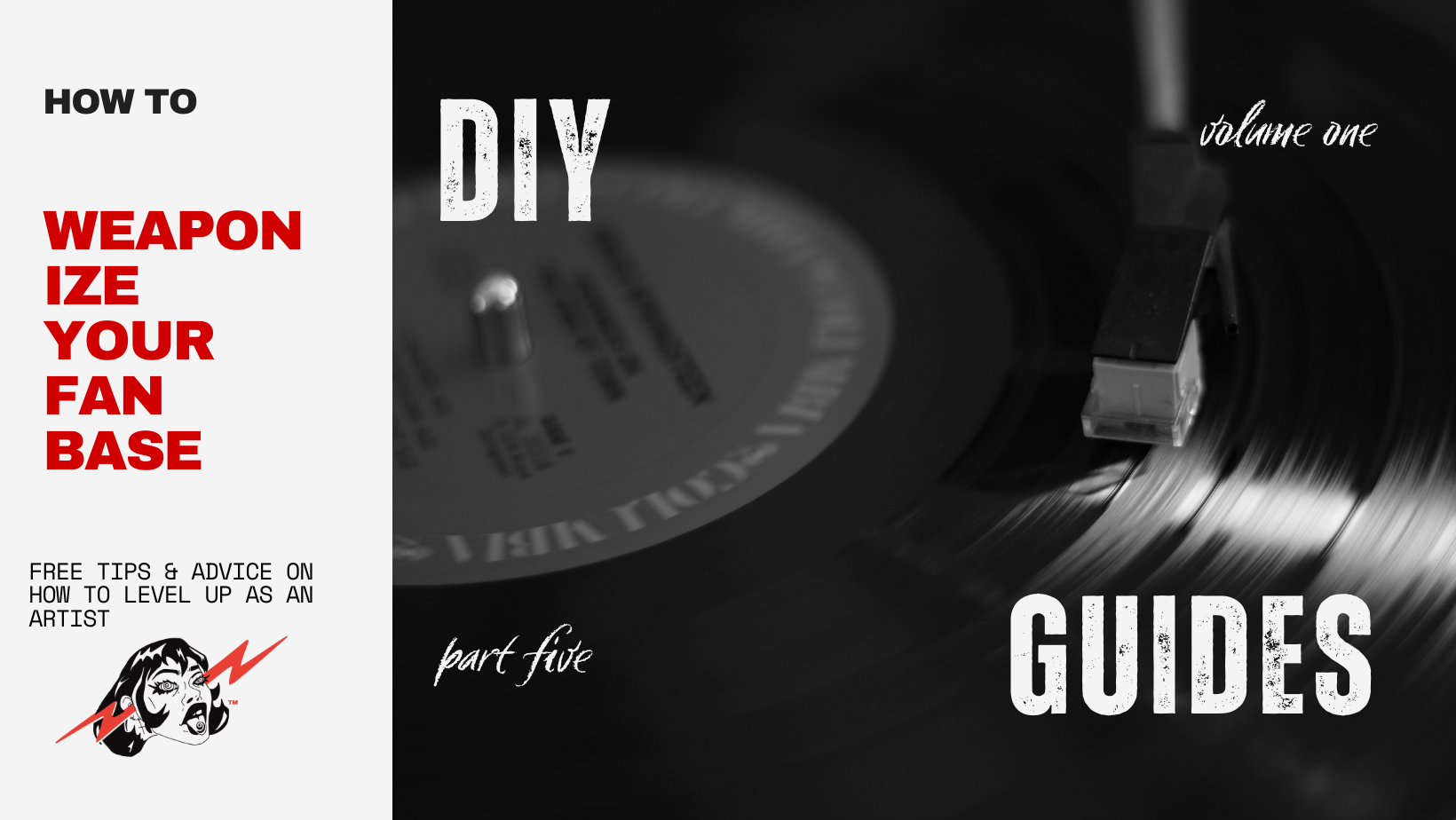Our conversation with Mark Sugar of Black Sites sheds light on the intricate processes behind their most ambitious record to date, The Promised Land? out on September 6th. The vocalist and guitarist also opens up about the band’s transformative journey, how they navigated new musical territory, and the impact of guest guitarists Tom Draper and Matt Johnsen on their sound. Mark also reflects on the band’s creative risks and the fresh dynamics brought by new drummer Brandon White.
Read our review of The Promised Land?
ATN: Your music has evolved significantly with The Promised Land?, incorporating a broader range of influences while maintaining your core sound. How did you navigate the balance between exploring new musical territories and staying true to your roots?
MARK SUGAR: Well, thank you! Honestly, I don’t think anyone in this band gives much thought to “staying true” or anything like that. Our sound may veer towards traditional metal, but all of us lived through the 1990s, when it was more acceptable to experiment and branch out a little. This material turned out the way it did, and when it presented the opportunity to try some new things, we saw no reason not to.
ATN: Recording at Electrical Audio studios, especially in light of Steve Albini’s recent passing, must have been a poignant experience. How did the studio’s atmosphere and history influence the creative process for this album?
MS: Well, he was still alive when we recorded there, so it was less poignant at the time. But Electrical Audio is an incredible studio both sonically and vibe-wise. Albini’s history was very much a part of the place, and it was a very cool experience for ‘90s kids like us. I don’t think it changed the creative process, but it did inspire us to make a record worthy of being recorded at Electrical.
ATN: Tom Draper and Matt Johnsen contributed guest solos that added new dimensions to The Promised Land?. What led you to bring them into this project, and how do you feel their contributions enhanced the overall sound?
MS: So this record has a LOT of guitar solos on it, and at a certain point Ryan and I found it a little overwhelming. I contacted Matt and Tom, who are the two best guitarists that I personally have contact info for, and much to my amazement, they both agreed to take part. I think both of them enhanced the songs tremendously. Matt and Tom are very different players, but I think they both elevated the songs that each of them are on, if that makes sense.
ATN: You’ve mentioned that The Promised Land? possesses a musical and lyrical worldview that ties everything together. Can you dive into the central themes of the album and how they reflect the band’s current mindset?
MS: I wouldn’t say the album has a central theme. But the lyrics have a certain mix of desperation and melancholy this time around, which has certainly been my state of mind for the past few years. Musically, I think we’ve arrived at our own style now, and we can draw upon that consistently for a cohesive-sounding album.
ATN: With Brandon White joining on drums, there’s a noticeable new energy in the rhythm section. How did his style and approach influence the overall dynamic of the band during the recording of this album?
MS: I’d say Brandon’s approach is a bit more analytical and maybe technical than what we were used to previously. And I mean that with all respect to our previous drummers, who are both fantastic. It’s just different. But we went really deep on some of the parts and arrangements this time around, and I think the result speaks for itself. The dynamic in the band has been great too. All of us are old friends and it’s been a lot of fun.
ATN: Black Sites blends old-school metal with progressive elements. What draws you to progressive metal, and how do you incorporate these elements without losing the raw intensity of traditional metal?
MS: Speaking for myself, I’ve always loved prog rock and prog metal. I grew up on stuff like Pink Floyd, Rush, Queensryche, King’s X, etc etc. And I always enjoyed when metal bands would get progressive, like “Sabbath Bloody Sabbath” or “And Justice For All.” As far as the intensity — all of us in Black Sites have roots in more extreme bands, and I think there’s a mentality there of keeping the momentum going, especially live. That’s why we don’t have 6- minute keyboard solos, or lengthy acoustic passages.
ATN: You’ve described the album as your most ambitious and complex work, emphasizing its diversity. Can you discuss the creative risks you took on this album, and how you ensured that the diverse elements still resulted in a cohesive sound?
MS: The word “risk” implies that we have something to lose, which we don’t. But it’s important to keep trying new things, especially 4 albums in, because otherwise things can get boring. I think the most adventurous bits would be the track “Gideon,” which is a bit slower and more atmospheric by our standards, and the title track, which is 12 minutes long and has some elements that might surprise some people. I think it’s cohesive because the band has its own sound, and that shines through whether we’re playing proto-thrash or slower gothic stuff. It always sounds like us.
ATN: Since forming in 2016, Black Sites has seen considerable evolution in its sound and lineup. Looking back, how do you see The Promised Land? as a reflection of the band’s journey, and where do you see the band heading in the future?
MS: I feel like this record represents an arrival at a certain point. Our entire journey has been about writing and recording good progressive metal, and while I like our earlier records a lot, I think we really got a lot of things right on this one. I can’t say much about the future, except that it will happen sooner than you think.
ATN: Voivod, Black Sabbath, and King’s X are cited as influences on Black Sites’ music. How do these influences manifest in The Promised Land?, and have any new or newer inspirations shaped the sound of this album?
MS: Wow, there’s so much to say about those bands. I think the biggest thing we take from Voivod is how the guitar and bass interact, rather than having the bass just imitate the guitar. The new record has a lot of independent basslines. King’s X is the motivator for the vocal harmonies in this band, and we do a lot of that on this record, especially in “Descent” and at the end of the title track. And Black Sabbath is so important to the whole genre, I don’t think I can even explain their influence in the space of this interview. We do listen to new stuff as well. Speaking for myself, I was listening to Unto Others, Sumerlands, and the most recent Cave In record while we were working on this album.
ATN: The album title The Promised Land? suggests a sense of questioning or uncertainty. What does this title mean to you, and how does it connect to the themes explored in the album?
MS: Well, the album has a song called “The Promised Land,” and we just added the question mark for maximum prog-ness, haha. But the track itself is questioning the idea of any sort of god-given land, and the legitimacy of any religious war. We wrote the track before the most recent conflicts in the Middle East began, but you can certainly apply the lyrics to that scenario.
SAME 3 QUESTIONS WE ALWAYS ASK
ATN: Artist / band that you feel is the most underrated and why?
MS: Hammers of Misfortune. That band was goddamn incredible, and profoundly changed how I personally experienced music. Super progressive, drawing from tons of influences but still very hard to put a label on. I suspect that their music just went over most peoples’ heads.
ATN: Artist / band that you would like to collaborate with and why?
MS: Taylor Swift, because I have bills to pay.
ATN: Artist / band that you would like to tour with and why?
MS: The answer can only be Metallica. That would be a massive audience to play to, and the odds are in our favor that at least some of them would enjoy us.

